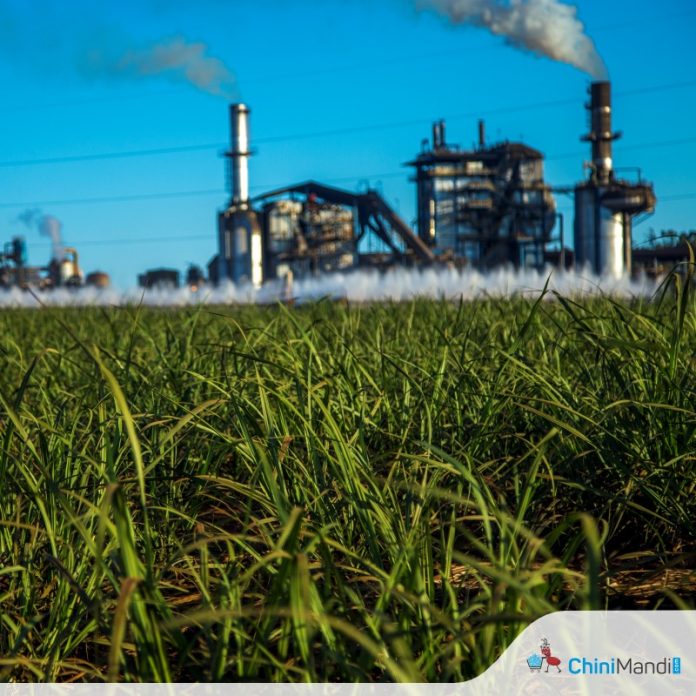Setabganj Sugar Mills, located in the northern district of Dinajpur (Bangladesh), is gearing up to resume operations after a four-year hiatus. This development has been welcomed by former employees and local sugarcane farmers, who are eager for the mill’s reopening.
Mohammad Abul Bashar, the managing director of the mill, confirmed that the facility is currently undergoing repairs to its production units and assessing the availability of sugarcane for crushing. He stated that operations could potentially resume this year or by the 2025-26 fiscal year, depending on the repair schedule and sugarcane supply.
“Sugarcane planting for the 2024-25 season has already begun,” Bashar said. “If we miss that, then the mill will resume in the 2025-26 season after repair and overhauling.”
Bashar added that the mill is expected to be fully operational within two years if the planting season and repair work progress without major delays.
Setabganj Sugar Mills is one of 15 public sugar mills under the Bangladesh Sugar and Food Industries Corporation (BSFIC). In 2020, the previous Awami League government shut down six mills, including Setabganj, citing ongoing financial losses and a shortage of sugarcane supply. At the time, officials indicated that the mills would reopen following modernization and upgrades.
Following a political transition in August 2024, an interim government formed a task force to evaluate the sugar mills, leading to the announcement of Setabganj’s reopening in mid-December 2024.
Former workers are also expressing optimism about the mill’s revival. Amjad Hossain, who served as president of the Setabganj Sugar Mills Workers’ Union for years, shared his relief. “After working here for 27 years, I was frustrated by the abrupt closure. Now that it’s reopening, we are happy,” he said.
Prashanta Kumar, another former worker, echoed similar sentiments, expressing gratitude to the government for the decision. “We are eagerly anticipating the resumption of crushing operations,” Kumar added.
Setabganj Sugar Mills, originally established in 1933, sits on 3,783 acres in the Bochaganj municipality area. It closed briefly in 1975 due to financial difficulties but reopened in 1982 after modernization. The mill had an annual production capacity of 12,500 tonnes and produced not only sugar but also organic fertilizers, molasses, and bagasse.
The mill operated until the 2019-2020 season before it was shuttered once more. Some local farmers, however, contend that the closure was politically motivated. Md Wali, a local sugarcane farmer, claimed that the mill was running well when it was closed. “Certain groups worked to seize its assets,” he said.
Mamun, the general secretary of the Sugarcane Farmers’ Association, suggested that the real issue was not a lack of supply from farmers, but rather artificially inflated production costs designed to show higher losses. “Sugar production was never halted due to insufficient cane supply,” he asserted.
With the reopening announcement, farmers are now preparing for the upcoming planting season in hopes of a strong harvest.
Industries Adviser Adilur Rahman Khan, who visited the mill in November 2024, promised full support from the Ministry of Industries to ensure the resumption of cane crushing.
Currently, Bangladesh relies heavily on imported sugar to meet its annual consumption, as domestic sugarcane production is insufficient.












